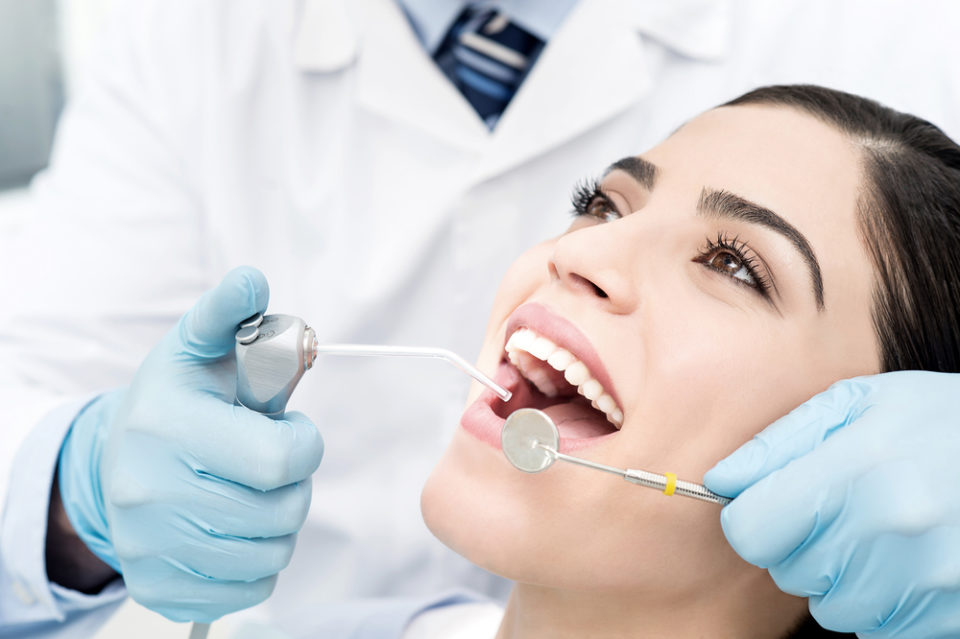Dental hygienists are a critical part of the dental care team. This fast-growing career path has a variety of options from the traditional clinic setting to educational areas. Read on to see how you can become a licensed dental hygienist.
Dental Hygienist or Dental Assistant
A dental assistant is like an office manager, caring for patient billing and scheduling, keeping records and sterilizing dental equipment. Dental assisting programs typically take nine to eleven months to complete and then a certification exam is required. A dental hygienist works alongside the dentist with the main focus on preventative dental care. They take x-rays, clean teeth, scrape tartar and apply fluoride. During dental surgeries, such as dental implants Brooklyn or root canals, hygienists administer anesthesia and remove stitches.
Minimum Education Requirements
Becoming a dental hygienist can take as little as two years to get your associate’s degree. Make sure the program you find is accredited by the Commission on Dental Accreditation. Courses covered in your degree program will include general education, dental science, dental hygiene science and biomedical science. Dental science focuses on topics such as oral pathology, peridontology, pain management and tooth morphology. Classes in dental hygiene science include medical and dental emergencies, clinical dental hygiene, community oral health and dental emergencies. In biomedical science, you will learn about immunology, biochemistry, anatomy and physiology.
Specialized Education
There are bachelor’s and master’s programs available in dental hygiene if you want to pursue continued education. If you already have your associate’s degree in dental hygiene, you may be able to complete your bachelor’s program online. A bachelor’s degree is typically pursued if the hygienist wants to develop programs for the public health or school setting. If you’re interested in using your dental hygiene knowledge to teach or conduct research, then a master’s degree is required.
Getting Licensed
A major part of becoming a dental hygienist is obtaining a license in the state you plan to work. You have to pass the National Board Dental Hygiene Exam, which consists of 350 multiple-choice questions. Each state also has a clinical exam that must be passed. Your license will need to be renewed every 1-3 years. Make sure you keep up with the continuing education requirements and pay any fees to keep your license active.
Dental hygiene can be a fulfilling and engaging career path with plenty of options for growth in the future. If you enjoy caring for people and their health, this may be a career to aim for.

